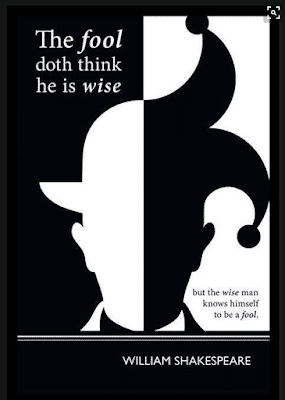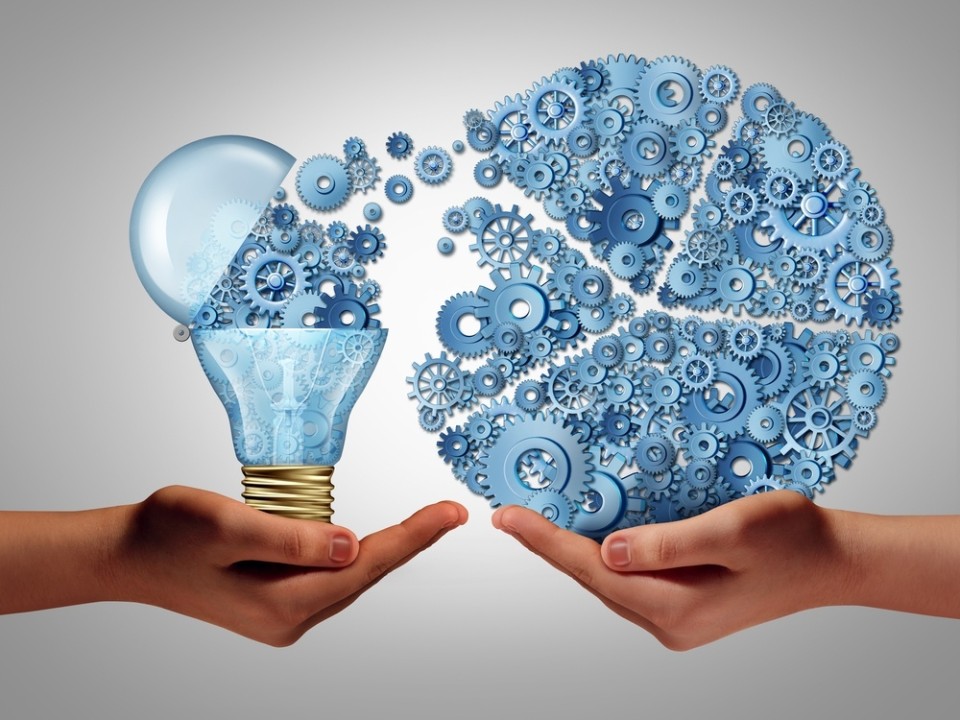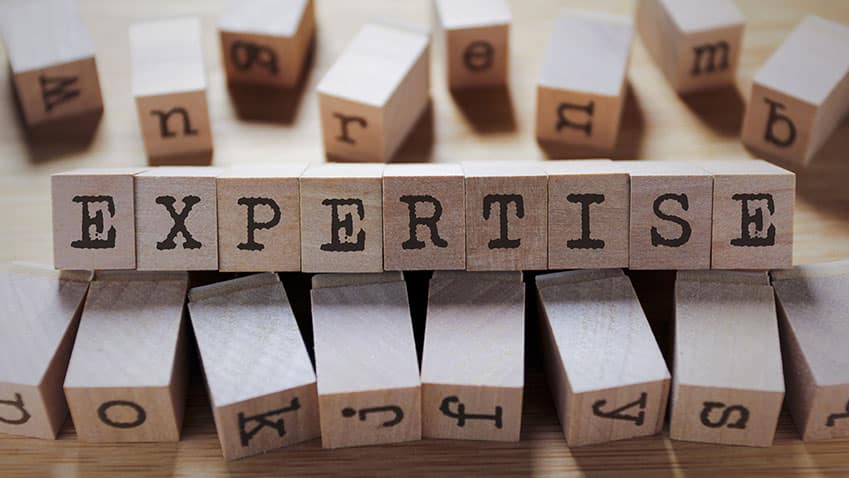
As is clear from current US elections and other events around the world, certainty will move a certain proportion of the population. Say something – almost anything! – with enough conviction, and it will sound plausible to some. Add in understandable fear about the future, a charismatic speaker, and it may sound plausible to many. Needless to say, this is a very dangerous state of affairs. It’s a well-understood danger of Democracy and famously led Winston Churchill to note that democracy is the worst form of government except all others that have been tried – possibly with the democratically elected Adolf Hitler in mind.
It may sound odd to be so suspicious of certainty. You might think certainty arises from confidence as a result of expertise; and that we should therefore trust certainty, and instead distrust the person who seems uncertain and unable to give a simply, clear, consistent answer.
But that assumes that the world is simple, clear and consistent. When it is not, answers that pretend it is betray either ignorance or an intent to deceive. Sticking with the ignorance explanation, for now, psychologists call this the Dunning-Kruger effect. This suggests that while novices are aware of their incompetence, knowing a little bit can fool us into overconfidence, and it’s only when we reach real expertise that we once again feel a little unsure about things – largely because that’s when we become aware of what we don’t know.

This means that people cannot properly evaluate how inept they are, as a direct result of their ineptness, and so they sometimes think they’re brilliant when they’re not. Thoughtful, wise people, by contrast, are all too aware of their own limitations – that’s a requirement of wisdom – and so are always potentially second guessing themselves. In their classic paper, Unskilled and Unaware of it Dunning and Kruger (1999) write that participants scoring in the bottom quartile on tests of humour, grammar, and logic grossly overestimated their test performance and ability. Although their test scores put them in the 12th percentile, they estimated themselves to be in the 62nd.
One needs to be careful about generalisations from psychology experiments, of course, but the we can see the same idea again and again:
- Bertrand Russell: Fools and fanatics are always so certain of themselves, and wiser people so full of doubts.
- Confucius: Real knowledge is to know the extent of one’s ignorance
- Charles Darwin Ignorance more frequently begets confidence than does knowledge
- Shakespeare: The Fool doth think he is wise, but the wiseman knows himself to be a Fool
- William Butler Yeats: The best lack all conviction, while the worst / Are full of passionate intensity.
When psychologists, poets, philosophers and scientists over the ages have converged on the same idea, perhaps there’s something in it.
Returning to the issue I started this post with; that of elections. We cannot be expert in all things; and so it’s a central problem of democracy that we must vote when we cannot know which opinions are wise ones. What we can know, however, is that those who have total conviction that they (and they alone) have the truth in all matters are deluded – and therefore dangerous. Franklin D. Roosevelt noted that democracy cannot succeed unless those who express their choice are prepared to choose wisely. The real safeguard of democracy, therefore, is education. But not just any education! An education that creates fear of difference, that does not support self-awareness, and does not explicitly ask students to look beyond themselves, plays into the hands of demagogues. The education we really need to support wise choice, must, in light of the Dunning-Kruger effect, involve recognition of complexity and unpredictability, and suspicion of certainty. That’s not to say it should be vacuously relativist; on the contrary, the education we seek must instil some core qualities – some humility, and some respect for truth that can drive a critical skepticism. We must also help students to recognise valid and invalid arguments; to distinguish between claims that rest of evidence and those that rest on ideology; and push them to be self-aware enough to recognise the dangers of certainty in themselves as well as others. It’s what we are striving to do; we can always do it better; and it will always be incremental work-in-progress.
References
- Kruger, J., Dunning, D. (1999). Unskilled and Unaware of It: How Difficulties in Recognizing One’s Own Incompetence Lead to Inflated Self-Assessments. Journal of Personality and Social Psychology 77 (6): 1121–34



3 Responses
The Dunning-Kruger Effect Isn’t What You Think It Is. The other side of the story 🙂
https://www.scientificamerican.com/article/the-dunning-kruger-effect-isnt-what-you-think-it-is/
(the link is safe to click)
Love this thought. This combined with being comfortable with ambiguity and being able to navigate gray areas are critical skills for now and for the future. Thank you for sharing.
Thank you for that Jay. What a great example of critical thinking; I learnt a lot from that article. It did seem compelling: that the DK effect is a result of (a) the fact that most of us believe we’re better than average ay everything (b) that the error is biggest for the people who are in fact most below average. I’m not sure if that means the DK effect is wrong or if it’s just another explanation for it – I shall ponder 🙂